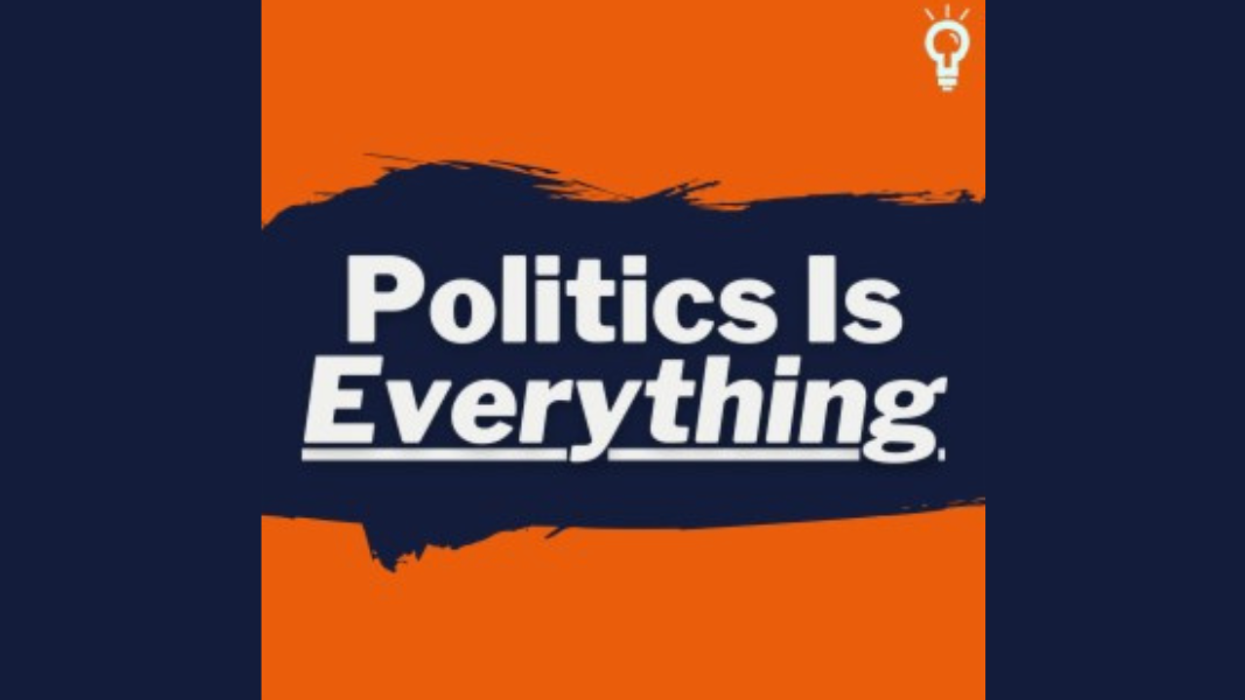At a time when political rights are being contested, Dahlia Lithwick shares her thoughts on the women who are working tirelessly through the law and legal system in pursuit of justice and a more democratic society. Lithwick is the senior legal correspondent at Slate and host of Amicus, Slate’s award-winning biweekly podcast about the law.
Podcast: How women are showing up for justice & democracy




















Marco Rubio is the only adult left in the room